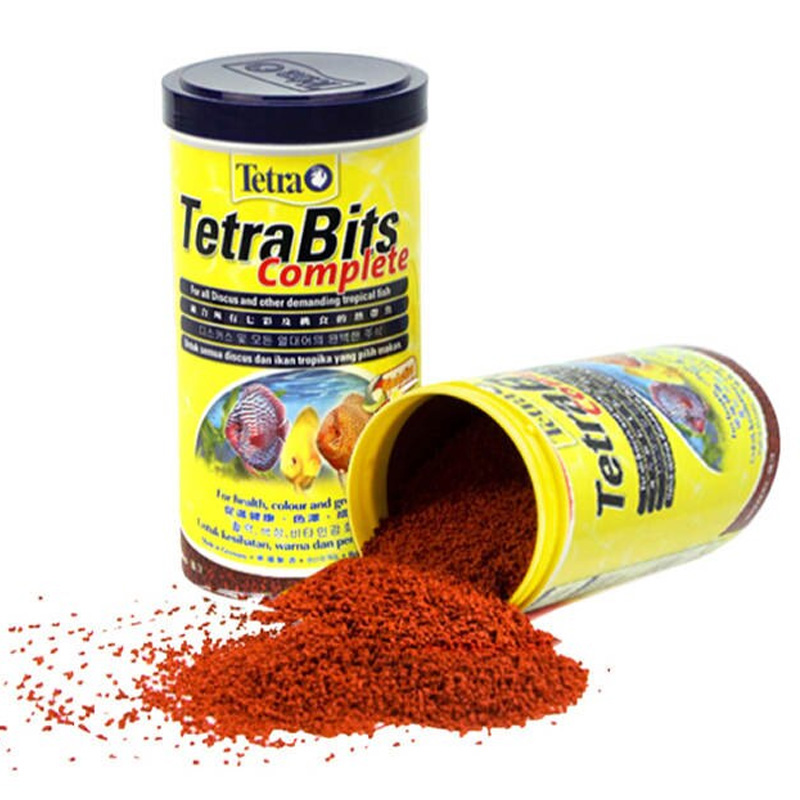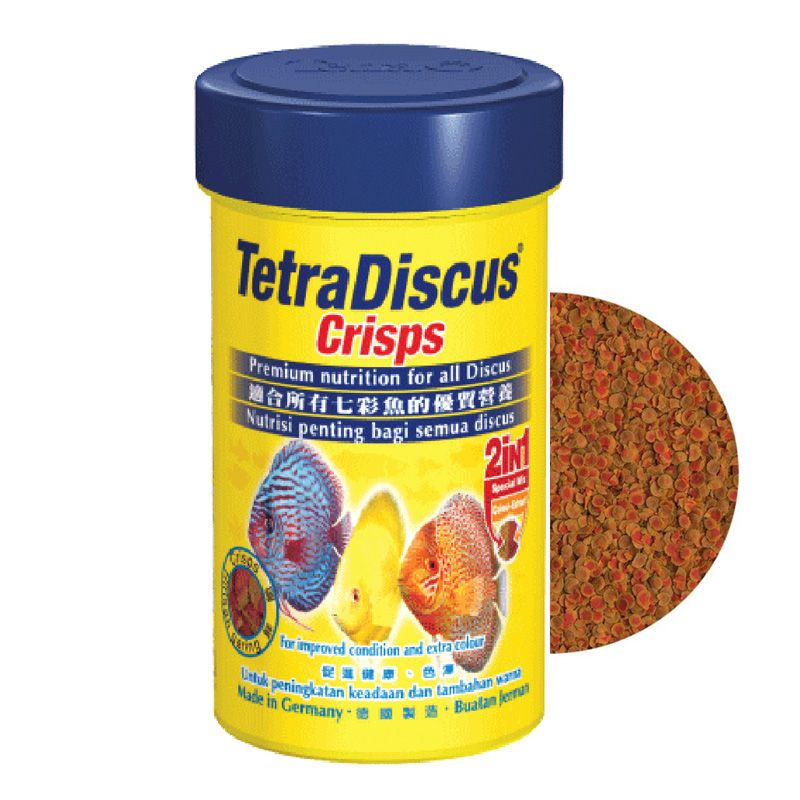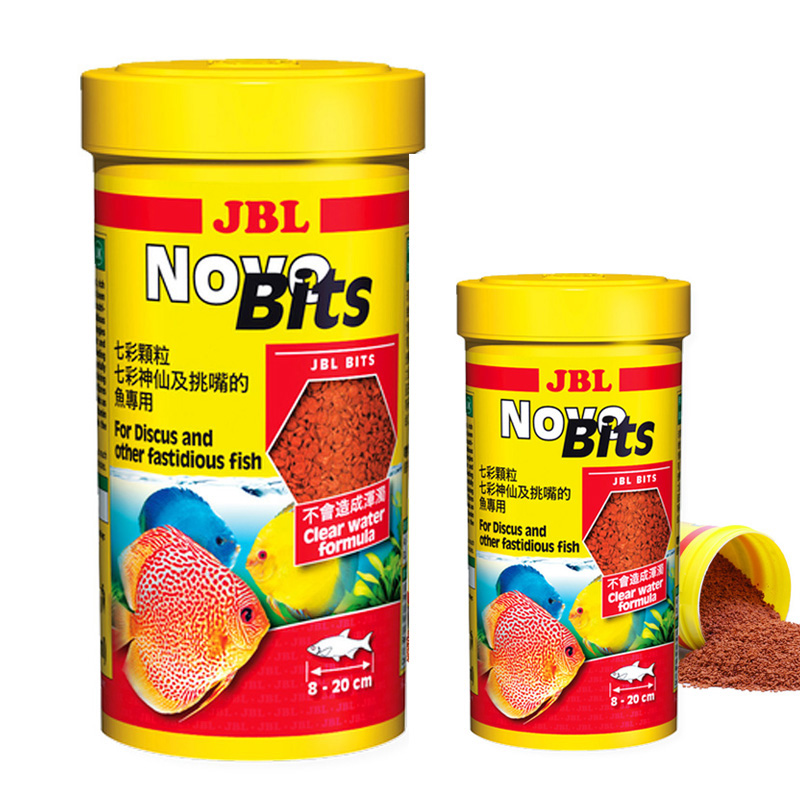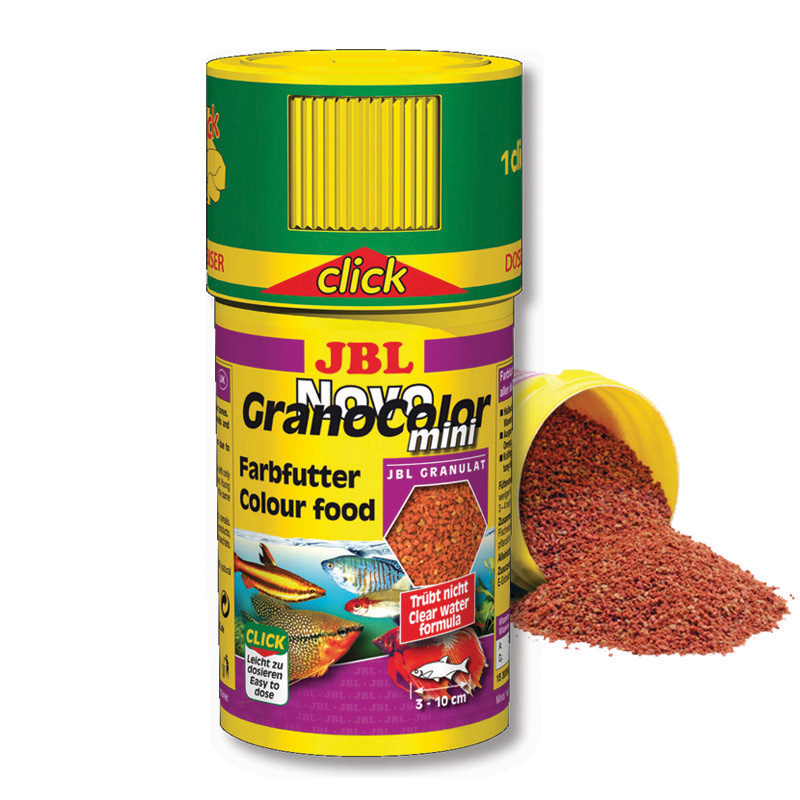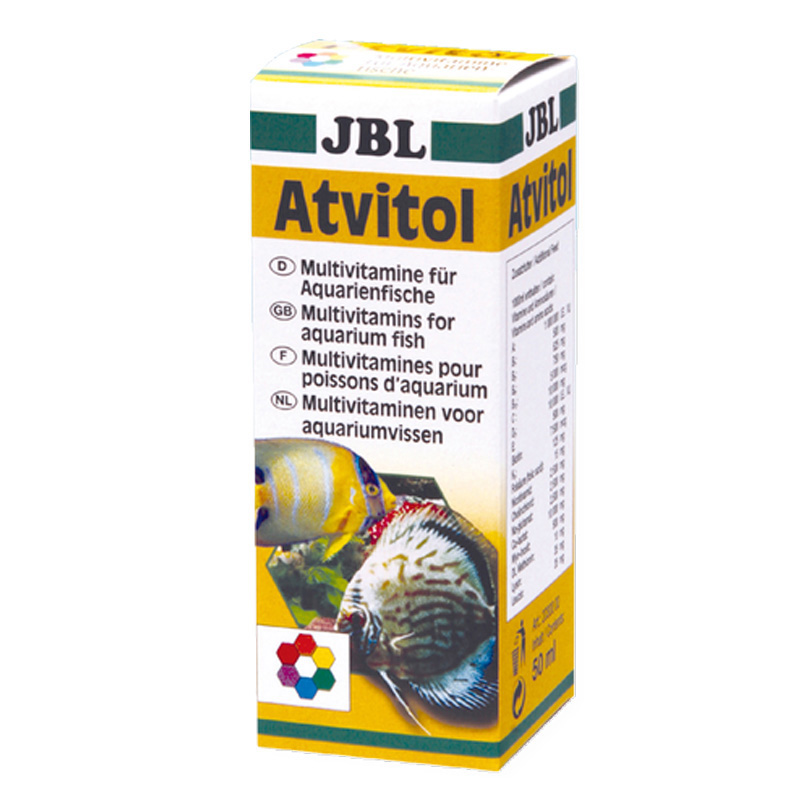Beginner Care Guide of Discus
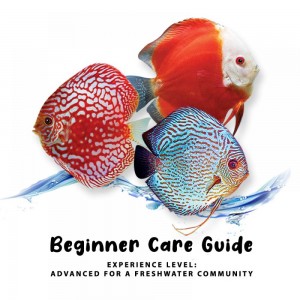
Common Name: Discus
Scientific Name: Symphysodon aequifasciatus
Average size: Up to 17.5cm/ 7 inches
PH: 5.0 - 6.5
Lifespan: Up to 12 years with proper care
Water Hardness: 1 - 4dH
Temperature: 26°C - 30°C
TRAITS & BEHAVIOR
Diet:
Discus are omnivore. Instead of plants, aquatic crustaceans, worms and aquatic insect larvae are also preferable by them.
Swimming Behavior:
Discus like to swim at the middle region of aquarium.
Communal:
Discus like to swim in a group of five or more of the same species.
High temperature needs:
Discus is better to be kept in a single species aquarium as their temperature needs are much higher than other freshwater fish.
ENVIRONMENT
Aquarium placement:
Keep away the aquarium from direct sunlight and electronic goods.
Aquarium size:
A minimum of 30US galloons of aquarium tank is needed to keep discus healthy.
Decoration:
Discus prefers fine gravel or sand substrate as the bottom of an aquarium. May place plenty of live plants, driftwood and rocks as hiding spots.
Lighting:
6-8 hours of lighting is recommended. Avoid extended exposure of lighting to prevent the growth of algae. Floating plants can be added to the aquarium as discus appreciate diffused light.
Water temperature:
Maintain the water temperature to between 26 - 30°C by using Oase Heater/ Channing Glass Heater
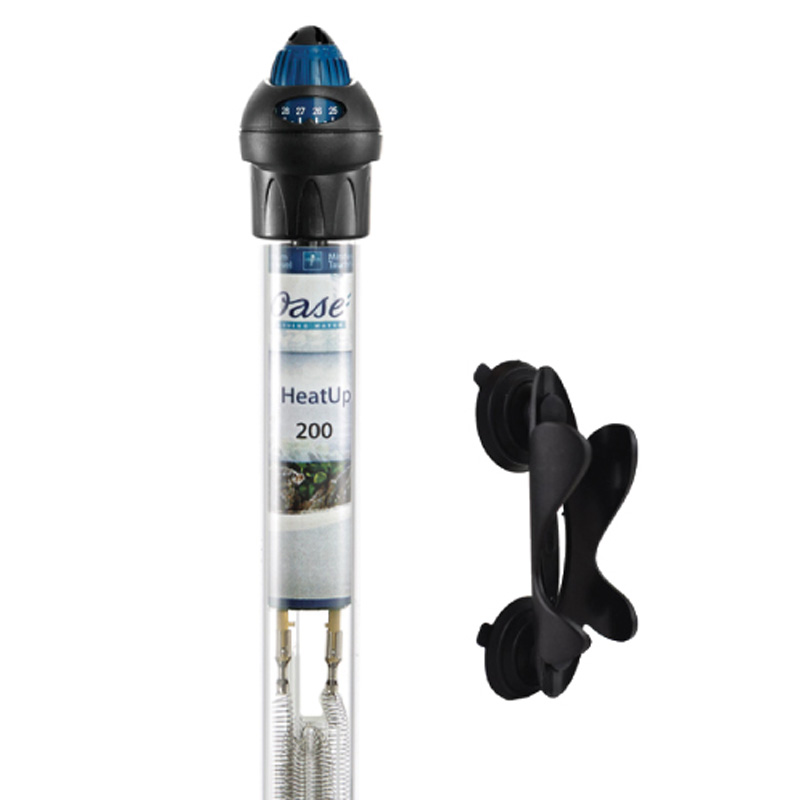
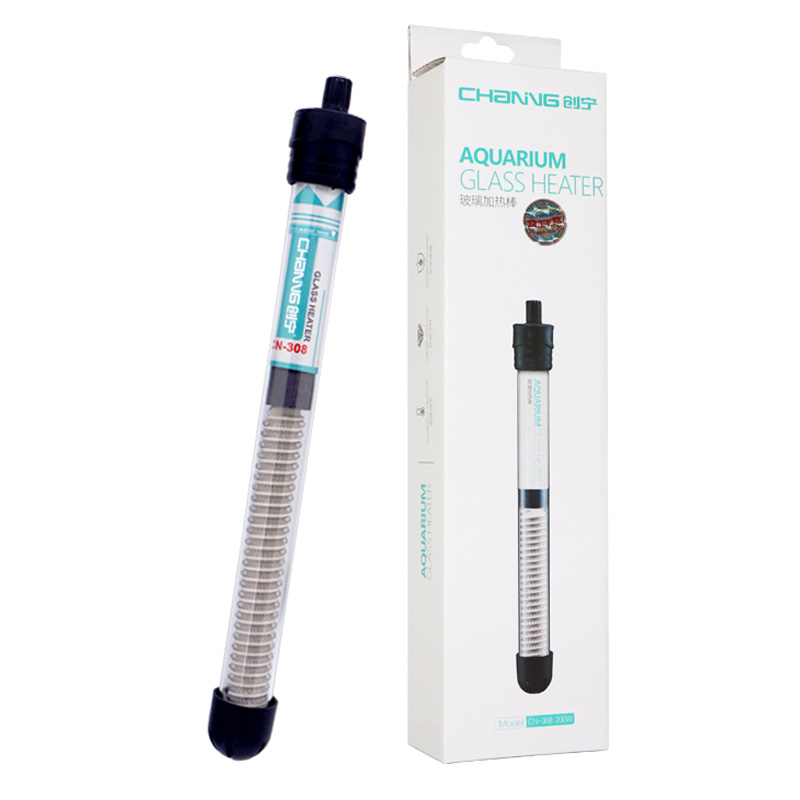
NUTRITION
Staple diet:
Tetra DiscusComplete, Tetra Discus Crisps and JBL Novo Bits, are a good choice of main food that scientifically formulated for discus.
Supplement:
Food rich in protein, unsaturated fat and carotene such as JBL NovoGrano Color will boost up discus body coloration. JBL Atvitol, a multivitamin emulsion with essential amino acids can be added to their main diet.
Specialty foods:
Frozen, freeze-dried or live bloodworms are recommended. Beef heart can be offered occasionally while discus grows up.
Feeding:
Feed small amounts 1-2 times daily with no more than they can consume in 2-3 minutes.
HEALTH
Sign of healthy:
- Clear eyes
- Smooth and clean in appearance
- Healthy appetite
- Calm and steady gill movement
- Bright and even body coloration
Sign of illness:
- Loss of body coloration or appetite
- Lying on the bottom of aquarium
- Poor growth or weight loss
- Fins clamped to sides
- Scraping body on rocks
If you notice any illness sign (s), please to test water quality and improve it if necessary.
IMPORTANCE
- Avoid fish tank from being overcrowded as it may cause stress to fish and a higher chance for them to get sick.
- Regular water change and an appropriate filtration is needed to maintain a good water quality.
- Check water quality by using JBL Test Kit at least once a week.
- Wash hand with soap after each time handling your aquarium.

